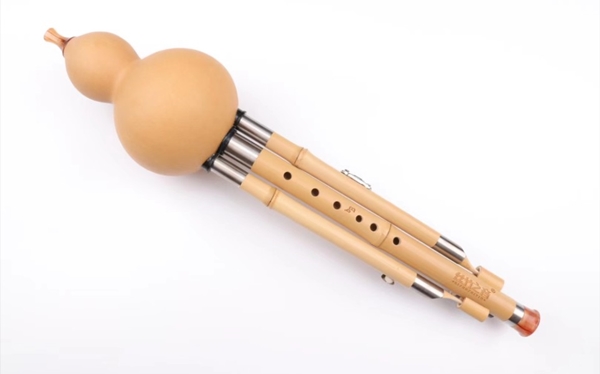The causes and improvement strategies of breath-holding in hulusi performance
As a kind of wind instrument with national characteristics, hulusi is deeply loved by many music lovers for its melodious tone. However, in the beginners and even some skilled players, they often encounter the phenomenon of holding their breath during the performance, which not only affects the performance effect, but also may lead to poor experience of the performer, and may even have a certain impact on health. The purpose of this paper is to explore the causes of the feeling of choking in hulusi performance, and put forward the corresponding solutions and improvement methods.

First of all, the generation of suffocation is mainly from the following aspects:
1. Immature breathing skills: Fenugreek performance requires the use of abdominal breathing and circular breathing and other professional skills. If the performer does not master the correct breathing method, he may feel the lack of breath supply when playing long notes or fast phrases continuously, resulting in a feeling of suffocation.
2. Improper breath control: failure to reasonably distribute breath during performance, especially in the strong and weak changes of the music, if the breathing rhythm and intensity can not be adjusted in time, it is easy to have breath tension and suffocation.
3. Body posture and degree of relaxation: When playing fenugreek, the correct sitting or standing posture and the degree of relaxation of various parts of the body are crucial. If the neck, shoulder and abdominal muscles are tense, it will affect the normal work of the respiratory organs, resulting in suffocation.
To solve the above problems, we can take the following improvement measures:
1. Systematically learn breathing techniques: Through professional music education courses, learn and practice abdominal breathing and circular breathing to ensure adequate and stable breath supply.
2. Practice breath control: In daily practice, add special breath training, gradually improve the playing time that one breath can maintain, and learn to flexibly switch breathing modes in different parts of the music.
3. Pay attention to body coordination and relaxation: Do proper warm-up exercises before playing, keep the body posture relaxed and natural during playing, especially pay attention to the relaxation of neck, shoulder and abdominal muscles, so as to breathe more smoothly.
Through the above targeted training and adjustment, players can not only effectively alleviate the feeling of choking when playing fenugreek, but also further improve the performance level, and fully appreciate and show the unique charm of this traditional instrument.
 渝公网安备 50010702504639号
渝公网安备 50010702504639号